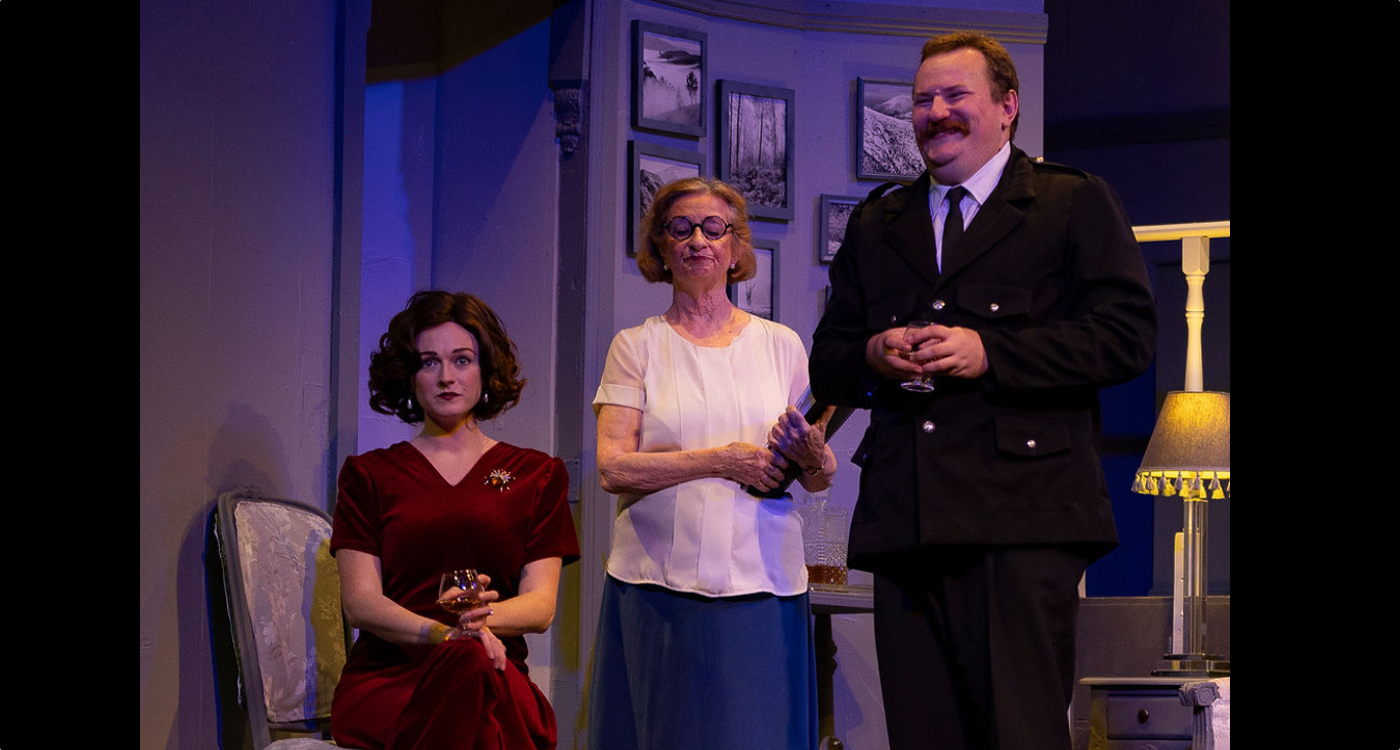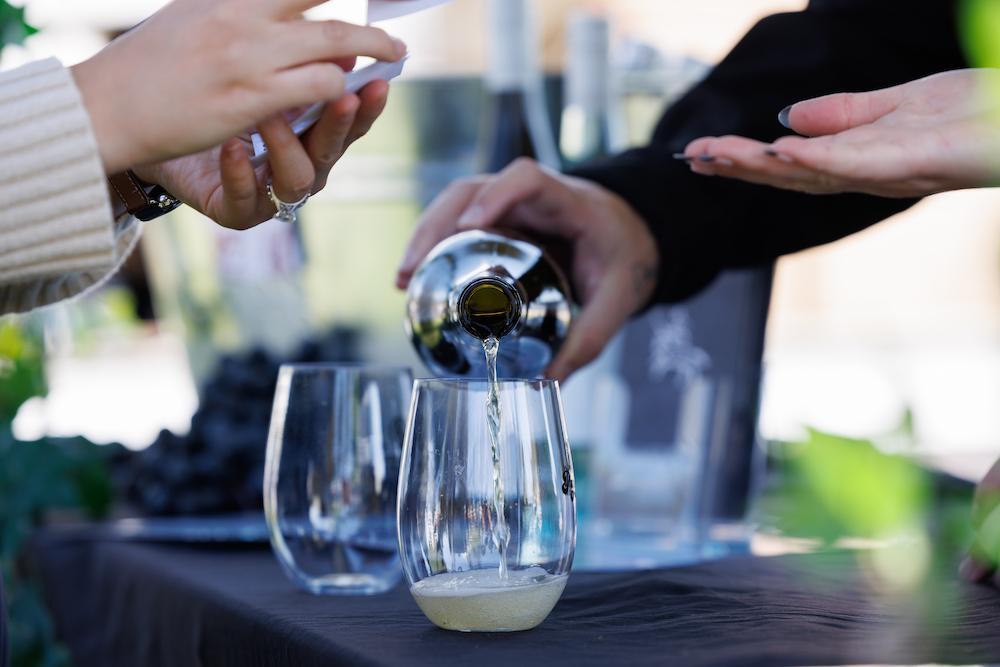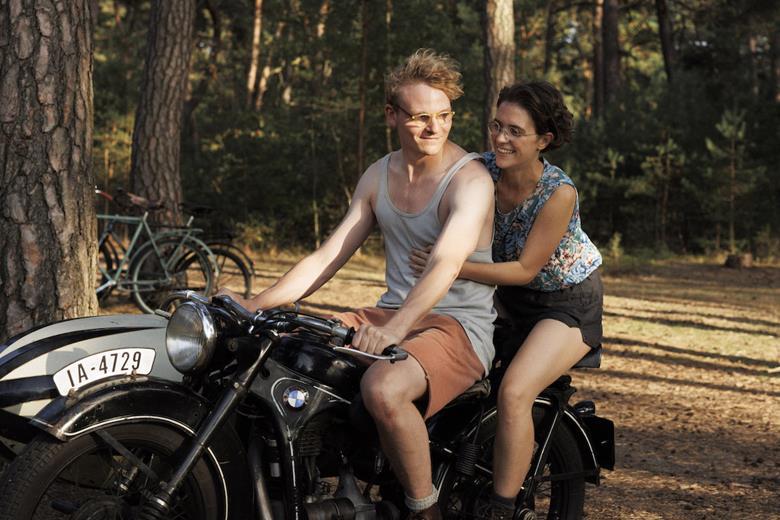
Wall-tzing Matildas
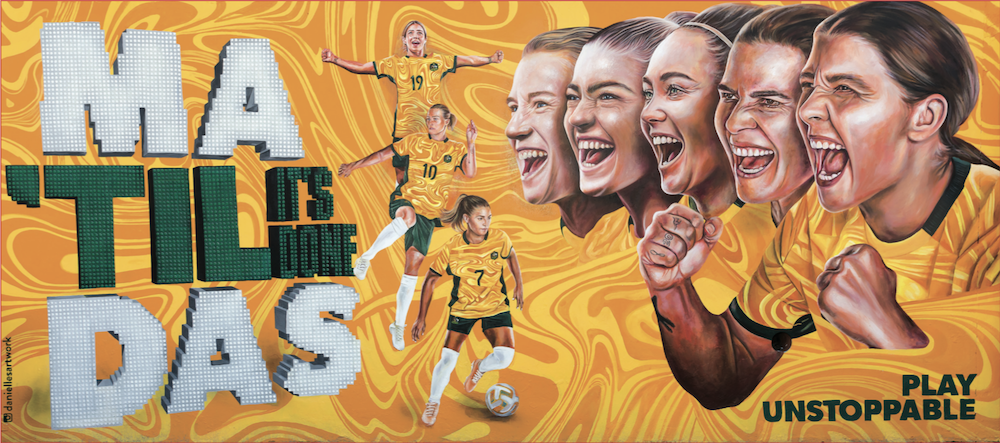
Overwhelming excitement and hype have surrounded the 2023 FIFA Women’s World Cup. It has captured the public’s enthusiasm at a level that has surprised organisers and all those involved. The friendly match between Australia and France in July blew ticket sales out of the water, and every game during the official competition has drawn massive stadium crowds and a phenomenal home-viewing audience.
The Australian Women’s Soccer Association (AWSA) was founded in 1974, and the women’s team has been playing in international competitions consistently since then. Known originally as the “Female Socceroos”, the team, thankfully, opted for their official nickname, The Matildas, in 1995.
The Matildas are three-time Oceania Football Confederation champions, one-time Asia Football Confederation champions and one-time ASEAN Football Federation champions and have competed for Australia at the Olympics four times. This will be their eighth appearance at the FIFA Women’s World Cup tournament, and they have yet to secure a trophy. Fingers crossed.
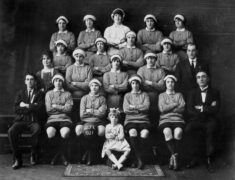
Women’s soccer (or football) dates back to the 1920s in Australia, as far as game records show, although historic photographs show it may go back even earlier. While there were some organised competitions, generally, football was not encouraged for girls. In fact, in 1922, an Australian committee investigating the benefits of physical education for girls determined that football, among other sports, was completely medically inappropriate for girls to play.
World War II determined otherwise. While the menfolk were away, the girls wanted to play, and they did. Women in Australia participated in sports, along with many other conventionally male-dominated activities, in large numbers during the Second World War. Unlike in other countries, especially in Europe, women’s participation continued after the war ended.
Since then, there’s been a slow but persistent fight for equal recognition, coverage, pay and prestige for women in sports. The Matildas had already started their upward surge in popularity several years ago, gaining momentum with the high profile of superstar players and fantastic displays of skill on the field.
This FIFA world cup comp has taken them to sensational new heights.
Causing its own sensation is a stunning mural just completed on the famous Bondi Beach sea wall. It features the larger-than-life, fiercely determined faces of five Matildas players and three smaller full-body figures in action-pose glory.

It’s the image featured on our cover, and it’s the incredible work of internationally renowned Melbourne artist, Danielle Weber. Designed by Football Australia Creative Manager Ryan Ostle, the work was specially commissioned as a show of pride and communal fandom. Completely open and accessible to everyone, the mural can be enjoyed visually as well as offering some fantastic selfie opportunities.
The artwork features eight current Matildas, including captain Sam Kerr (WA), vice-captain Steph Catley (VIC), highest-capped Australian footballer Clare Polkinghorne (QLD), longest-serving Matilda Lydia Williams (ACT), forward Caitlin Foord (NSW), midfielder Katrina Gorry (QLD), defender Charli Grant (SA) and Northern NSW stalwart Emily van Egmond (NSW).
Weber has painted portraits of some of the biggest names you can think of in sport, screen, business and the famous sphere, but she has said that, as a female artist and proud Australian, she was particularly thrilled to work on this mural.
The work, which is completely hand-painted, took Weber and her all-female assistants (Andrea Arias, Sol Magris and Laura Paige) seven 12-hour days and close to 20 litres of paint to complete.
This astounding mural represents so much achievement in so many ways, and it will deservedly be admired long after the final whistle blows.




